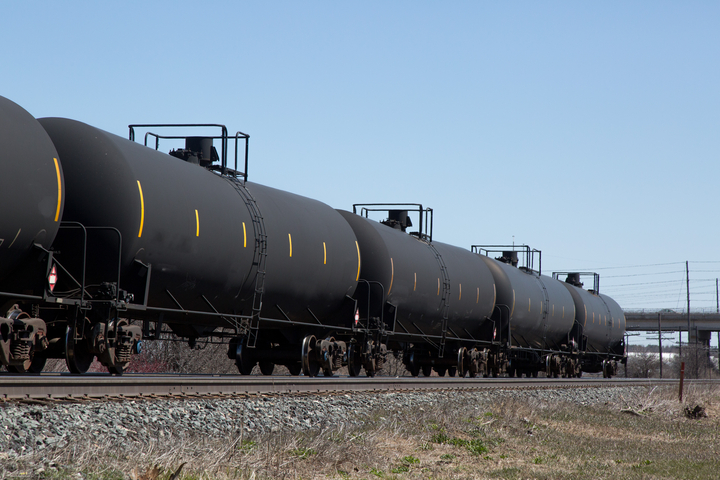Europe is exploring the possibility of transporting Azerbaijani gas through Russian pipelines situated in Ukraine, according to a report by Bloomberg.
European officials are currently engaged in negotiations with Kyiv to secure this arrangement, aiming to safeguard the continent’s energy supply amid ongoing conflict in the region.
Despite Europe’s efforts to reduce dependency on Russian gas, several Eastern European countries continue to import it via the Russia-Ukraine pipeline. The current transit agreement is set to expire at the end of this year. With the escalation of the Russia-Ukraine war, there is a prevailing expectation among market analysts that gas flow through this route might eventually cease. In response, European governments and companies are discussing ways to ensure gas supplies continue next year.
One proposed solution is to transport gas purchased by European companies from Azerbaijan through the existing Russian pipelines. This strategy is seen as a way to circumvent direct purchases of Russian gas, thereby reducing Moscow’s energy revenues. Additionally, this arrangement would benefit Ukraine financially, providing crucial revenue for its war-impacted economy. Ukraine’s transit revenues in 2021 were approximately $1 billion.
However, there are concerns that these unused pipelines could become military targets. Alexey Chernyshov, CEO of Ukraine’s state-owned Naftogaz, emphasized the importance of utilizing Ukraine’s transit and gas storage infrastructure. He noted that there are no plans to collaborate with Russia’s Gazprom.
Chernyshov acknowledged that while it may take time to transport gas from Azerbaijan, it would be beneficial in the long term. The State Oil Company of Azerbaijan (SOCAR) and the Russian government, along with Gazprom, have not commented on the matter. This plan could also indirectly benefit Russia by allowing it to redirect its gas to other markets through a swap mechanism, given its current struggle to find new customers. Such exchanges are common in the oil and gas industry when direct transport is not feasible.
Currently, Azerbaijan lacks reserve gas production capacity and is fully utilizing its pipeline system to Europe. The country is working to increase exports to Europe, which will require significant infrastructure improvements and new long-term contracts.
The negotiations are still in the early stages, with decisions expected by the end of the year, influenced by the onset of the European winter. Germany’s nationalized gas giant Uniper SE is reportedly involved in the discussions, though a spokesperson declined to comment.
A spokesperson for the German Ministry of Economy confirmed that the government is conducting negotiations within the European Union. Slovakia is highlighted as a primary beneficiary of this potential agreement. Slovakian Prime Minister Robert Fico mentioned the possibility of importing Azerbaijani gas during his visit to Azerbaijan, though he did not provide specific details. He stated that successful negotiations could allow Slovakia to import Azerbaijani gas, some of which could be retained domestically while the rest would be distributed to other countries.


